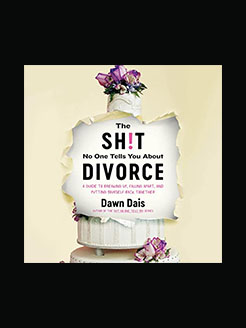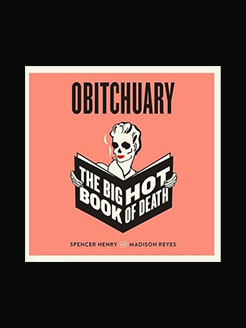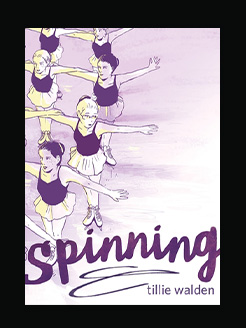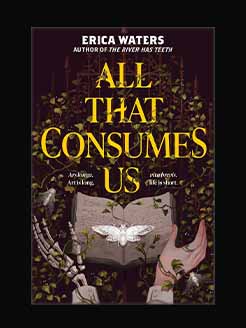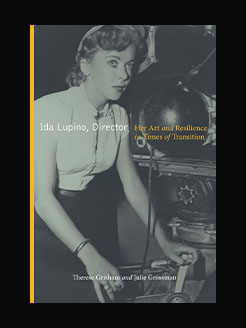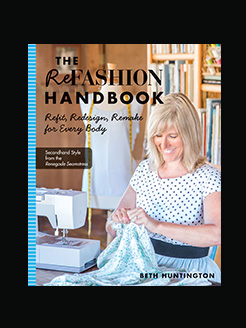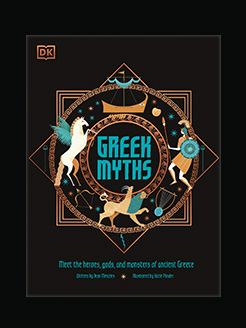Published in 2000 (first published 1997)
489 pages
Audre Lorde was an American writer, feminist, womanist, librarian, and civil rights activist. She was a self-described “black, lesbian, mother, warrior, poet,” who dedicated both her life and her creative talent to confronting and addressing injustices of racism, sexism, classism, and homophobia. As a poet, she is best known for technical mastery and emotional expression, as well as her poems that express anger and outrage at civil and social injustices she observed throughout her life. Her poems and prose largely deal with issues related to civil rights, feminism, lesbianism, illness and disability, and the exploration of black female identity.
In relation to non-intersectional feminism in the United States, Lorde famously said, “those of us who stand outside the circle of this society’s definition of acceptable women; those of us who have been forged in the crucibles of difference – those of us who are poor, who are lesbians, who are Black, who are older – know that survival is not an academic skill. It is learning how to take our differences and make them strengths. For the master’s tools will never dismantle the master’s house. They may allow us temporarily to beat him at his own game, but they will never enable us to bring about genuine change. And this fact is only threatening to those women who still define the master’s house as their only source of support.”
What is this book about?
Collected here for the first time are more than three hundred poems from one of this country’s major and most influential poets, representing the complete oeuvre of Audre Lorde’s poetry. Lorde published nine volumes of poetry which, in her words, detail “a linguistic and emotional tour through the conflicts, fears, and hopes of the world I have inhabited.” Included here are Lorde’s early, previously unavailable works: The First Cities, The New York Head Shop and Museum, Cables to Rage, and From a Land Where Other People Live.
